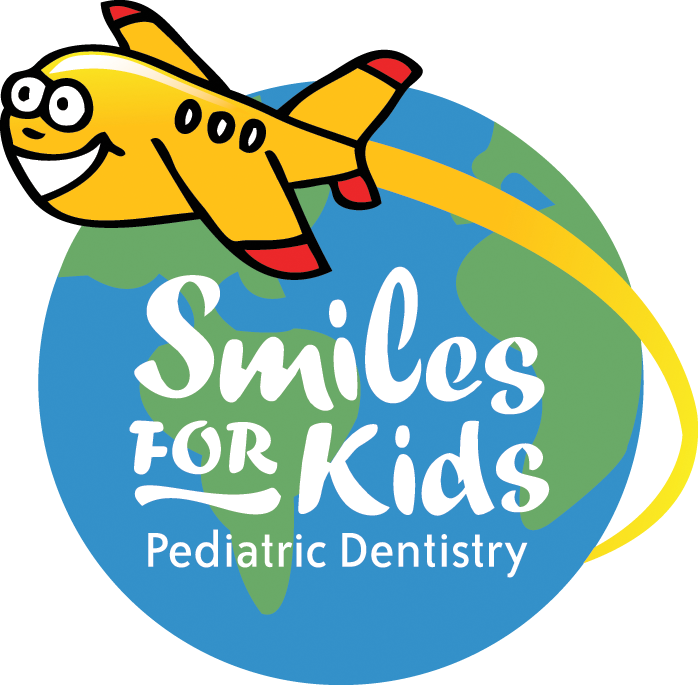Does my child have a dental infection?
/Children can develop a dental infection for numerous reasons: 1) due to a large cavity that progressed to the nerve of the tooth, 2) prior treatment on the tooth, 3) abnormal pathology or abnormal development of a tooth, 4) previous trauma or injury to the tooth, or 5) grinding or biting into something that breaks the tooth.
If a dental infection is left untreated it can cause pain, fever, difficulty eating or drinking, facial swelling (or cellulitis), severe blood illness (or septicemia), airway compromise, or a life-threatening infection.
It’s important to contact your dentist immediately if you see anything abnormal in your child’s mouth or if your child is experiencing pain or sensitivity of their teeth.
What does an infection look like? A dental infection can start out looking like a small bubble (or “pimple”) near a tooth. Over time or even quickly, it can can worsen to look like a large swelling inside the mouth or swelling of one side of their face if it spreads far enough.
How can we treat it? Depending on the cause or tooth (primary or permanent), we can treat a dental infection with 1) pulp therapy, 2) extraction of the tooth, and/or 3) antibiotics. Pulp therapy is where we clean out the infected nerve tissue inside of the tooth, place some medicine to protect the tooth and then cover it with a crown. If we have to extract a tooth before its normal time to fall out, we may place a space maintainer to hold the adjacent teeth in place until its time for the new permanent tooth to come in. Antibiotics are usually given to take care of any swelling and then followed by one of the previous treatments.
Steps of pulp therapy: 1) clean infected nerve tissue of tooth, 2) place medicine inSIDE, THEN 3) place full coverage crown
Extraction of a tooth
ORAL antibiotics
If the infection is severe enough to be causing high fever, facial swelling, etc. then referral to the hospital for IV antibiotics may be necessary, so we want to catch and treat it before it gets to that point!
If you have any questions or concerns about your child’s teeth, please contact Dr. Lindhorst or Dr. Theriot at 713-461-1509.





